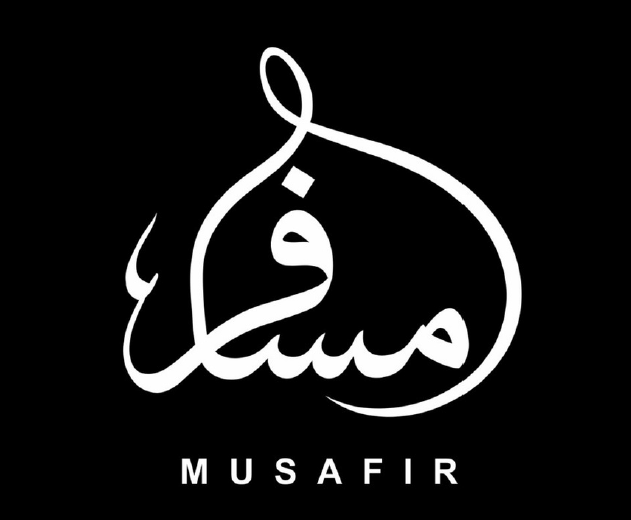In Islam, charity is an important part of a believer’s faith and is seen as a way to show gratitude to God and to help those in need. There are a number of different forms of charity in Islam, including Fidya and Kaffara, which have distinct purposes and characteristics.
Fidya, also known as “ransom,” is a form of charity that is paid as compensation for a missed or incomplete religious duty. It is typically paid when an individual is unable to fulfil a religious obligation due to circumstances beyond their control, such as illness or old age. There are a number of different types of charity that may be given as Fidya, depending on the specific situation and the needs of the individual. Here are a few examples:
- When an individual is unable to fast during the month of Ramadan due to illness or old age, they may give Fidya in the form of food or money to feed the poor and needy. The Prophet Muhammad (peace be upon him) said, “He who pays for a person’s missed fasts due to illness or old age is like the one who observes the fast himself” (Bukhari).
- When an individual is unable to perform the hajj (pilgrimage to Mecca) due to financial or physical limitations, they may give Fidya in the form of money or other resources to support those who are able to perform the hajj on their behalf. The Quran states, “And perform the hajj and the umrah for Allah. But if you are prevented, then [offer] whatever is feasible of sacrifice” (Quran 2:196).
- When an individual is unable to perform the Qurbani (sacrificial offering) on Eid al-Adha due to financial or other limitations, they may give Fidya in the form of money or other resources to support those who are able to perform the Qurbani on their behalf. The Prophet Muhammad (peace be upon him) said, “He who performs the Qurbani on behalf of someone else will have the same reward as the one for whom the Qurbani is performed” (Bukhari).
The Quran teaches the importance of charity and helping those in need, stating: “And they give food, despite their love for it, to the needy, the orphan, and the captive” (76:8). The Prophet Muhammad (peace be upon him) also emphasised the importance of charitable giving, saying: “Charity is a necessity for every Muslim” (Bukhari).
Kaffara, also known as “atonement,” is a form of charity that is paid as a form of repentance for a sin or mistake. It is typically paid when an individual has committed a serious or intentional transgression and seeks to repent and make amends.
Some examples of the type of charity that might be given for Kaffara include:
- Money or other financial assistance to cover the cost of feeding a poor person for each day that an individual has broken an oath.
- Money or other financial assistance to cover the cost of feeding a poor person for each day that an individual has falsely accused someone of a crime.
- Money or other financial assistance to cover the cost of feeding a poor person for each day that an individual has killed someone unintentionally.
Overall, Fidya and Kaffara are two important forms of charity in Islam that serve different purposes. Fidya is a form of compensation for missed or incomplete religious duties, while Kaffara is a form of atonement for sins and mistakes. Both forms of charity can be a way to show our commitment to living a life of faith and compassion and to make amends for any wrongs we may have committed.
